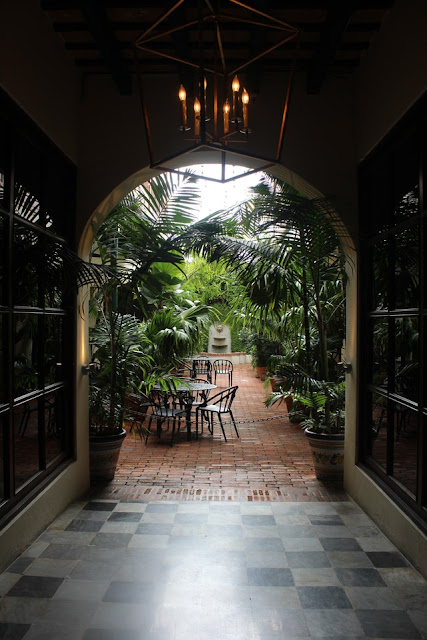Ever wondered if those hours spent fussing over your flowerbeds are actually doing you any good? Well, it turns out, they might be doing wonders not just for your yard, but for your mind too! Let’s unpack how a slice of green paradise can seriously perk up your mental wellness.
The Mental Magic of Gardening
Gardening isn’t just about sprucing up your space; it’s a full-on workout for the brain. Pulling weeds, choosing plants, and planning garden beds require creativity and strategy, which keep your mind engaged and sharp. Tending to a garden gives you a sense of control and accomplishment, and these feelings are a real pick-me-up for your mood.
Plus, there’s science backing up the bliss of gardening. Research published in the “Journal of Health Psychology '' reveals that gardening slashes stress levels more effectively than other hobbies. The focus required to plant and prune keeps you anchored in the present, pushing pesky anxieties away. This mindfulness is a form of meditation, which has been shown time and again to improve mental health.
The Eye Candy Effect: Visual Wonders of a Well-Kept Garden
Imagine stepping outside to a splash of greens, reds, yellows, and blues. It’s not just pretty; it’s a proven mood booster. The lushness of green has a calming effect and is proven to lower stress and refresh tired eyes. And those bright blooms? They do more than just beautify the space—they can actually light up your brain, sparking joy and energy.
Researchers agree that visual exposure to natural settings increases serotonin, a feel-good chemical in the brain. This Means that chilling in your garden can genuinely make you happier, a handy tip for anyone feeling the urban blues.
Green Thumbs Unite: How Gardens Forge Community Bonds
Community gardens take this green goodness to the next level. They’re not only great for growing veggies but also for cultivating friendships. Gardening alongside others builds a sense of community and belonging, which is essential for mental health. These social ties can buffer against loneliness and depression, especially in big cities where neighbors might otherwise not meet.
And for the introverts? The garden still offers a deep, personal connection to nature. Observing the ebb and flow of life in the garden—from seedlings sprouting to leaves falling—can offer profound peace and a unique perspective on the world.
Unearthing Joy: The Emotional Lift of Lush Landscapes
There’s a certain magic in watching a garden change with the seasons, each shift bringing its own charm and set of surprises. As the first green shoots of spring push through the soil or the fiery colors of fall paint your garden with a new palette, you’re witnessing a live show curated by nature itself. This constant renewal not only beautifies your outdoor space but also rejuvenates the soul. The cyclical nature of gardening teaches resilience and hope, as every end leads to a new beginning. Each season’s change is a reminder that growth and beauty are always possible, turning your garden into a living metaphor for optimism and renewal.
How to Grow Your Own Wellness Sanctuary
Ready to transform your garden into a stress-relieving oasis? Here’s how to get started, even if you’re a total newbie:
- Keep It Simple: Don’t bite off more than you can chew. Start small with a few pots or a tiny corner and expand as you gain confidence and comfort.
- Mix It Up: Plant a variety of things that bloom at different times, so there’s always something exciting and new to look at, no matter the season.
- Water Works: Add a water feature, like a small fountain or a birdbath. The sound of water is soothing and can make your garden feel like a tranquil retreat.
- Sit Back and Enjoy: Make sure there’s a comfy spot to sit and soak in the beauty of your garden. A nice bench, a swing, or a cozy hammock can make all the difference.
- Regular Tune-ups: Keep on top of garden maintenance to prevent your paradise from turning into a jungle. If it’s getting too much, don’t hesitate to call in some lawn care services to help manage the load.
Final Thoughts: Is a Garden Really a Game Changer for Mental Health?
Absolutely! The evidence is clear—gardening and spending time in green spaces can significantly boost your mental health. It’s not just about making your yard look good. It’s about feeling good, too. Whether you’ve got a green thumb or you’re just starting out, consider the garden your new therapist. So, why not grab a spade, plant some happiness, and watch your well-being blossom right along with your flowers? Remember, a healthier, happier life could be just a garden gate away.









.png)































